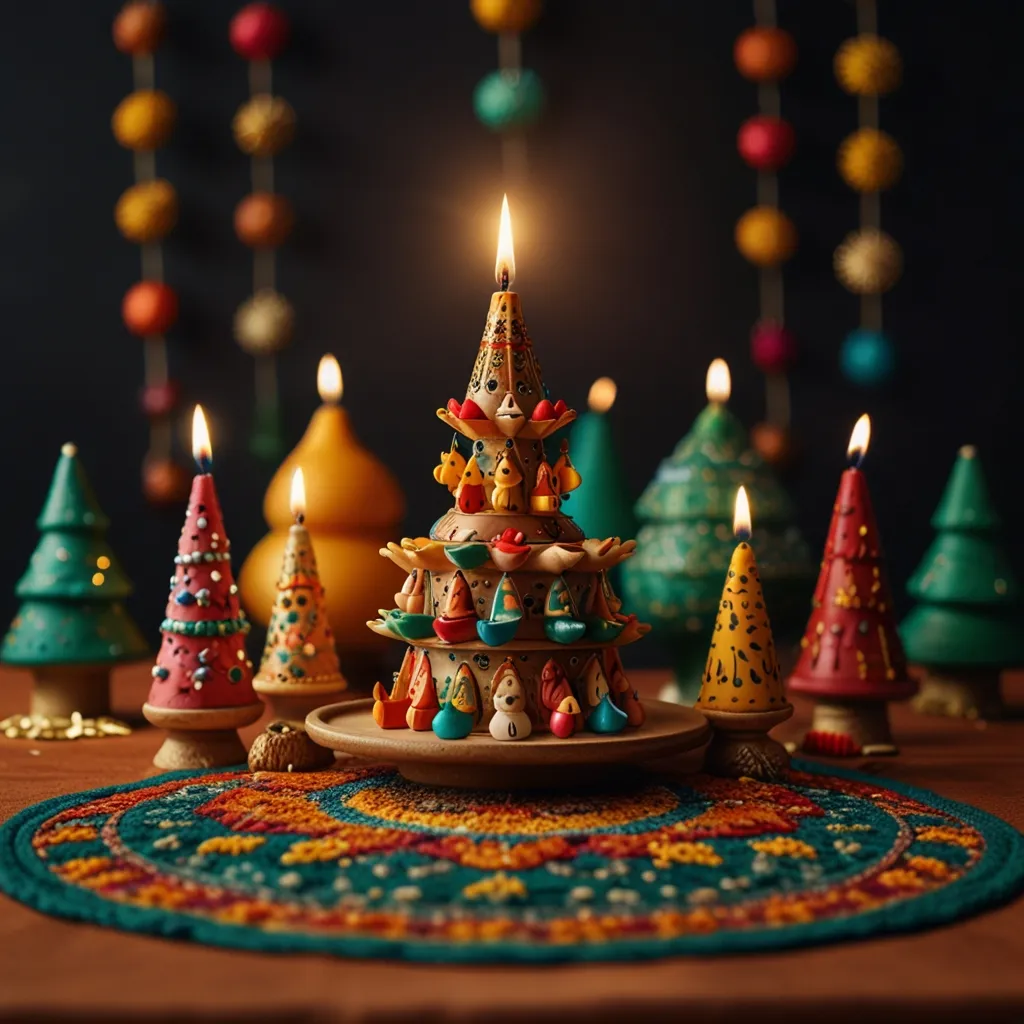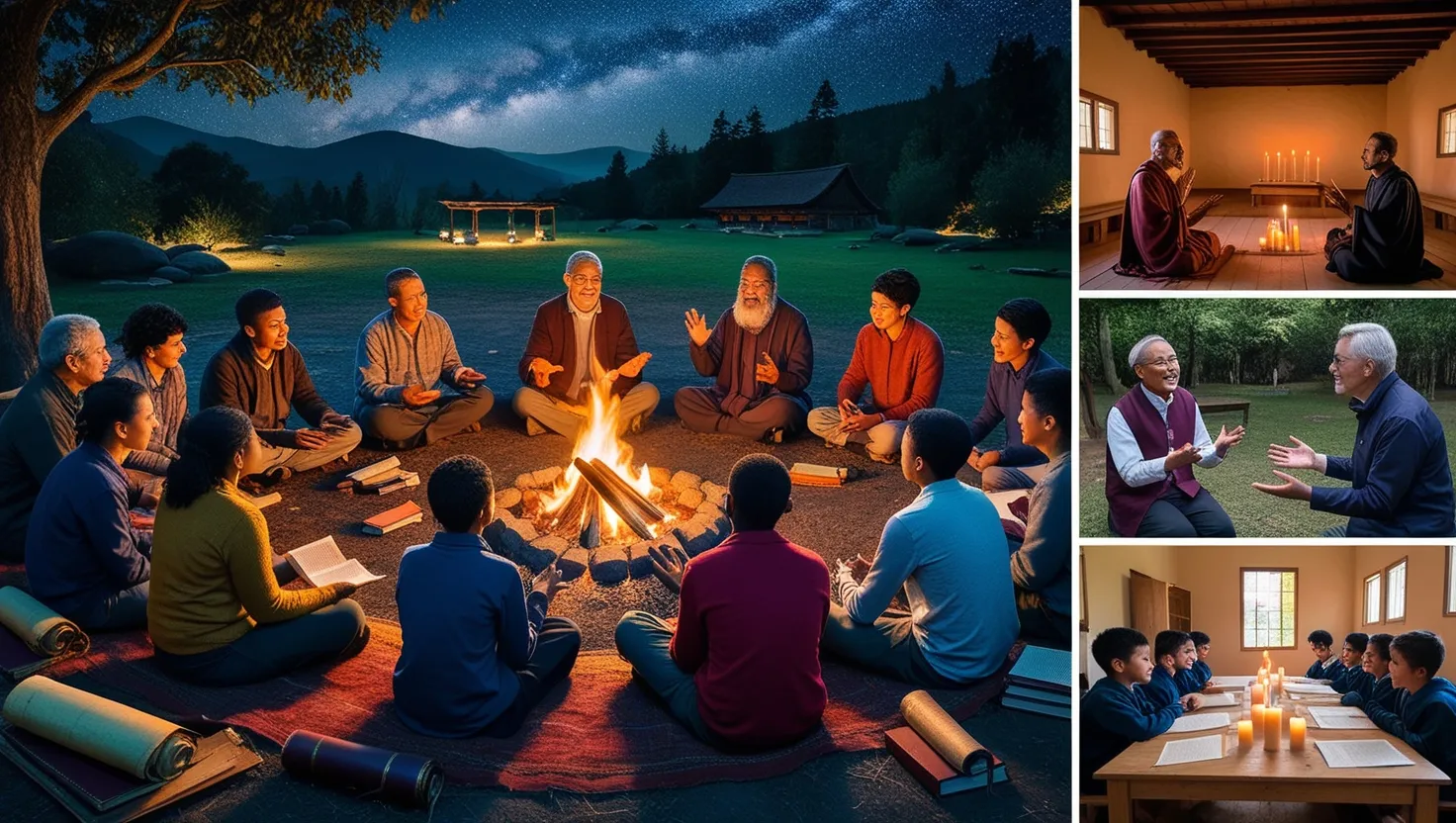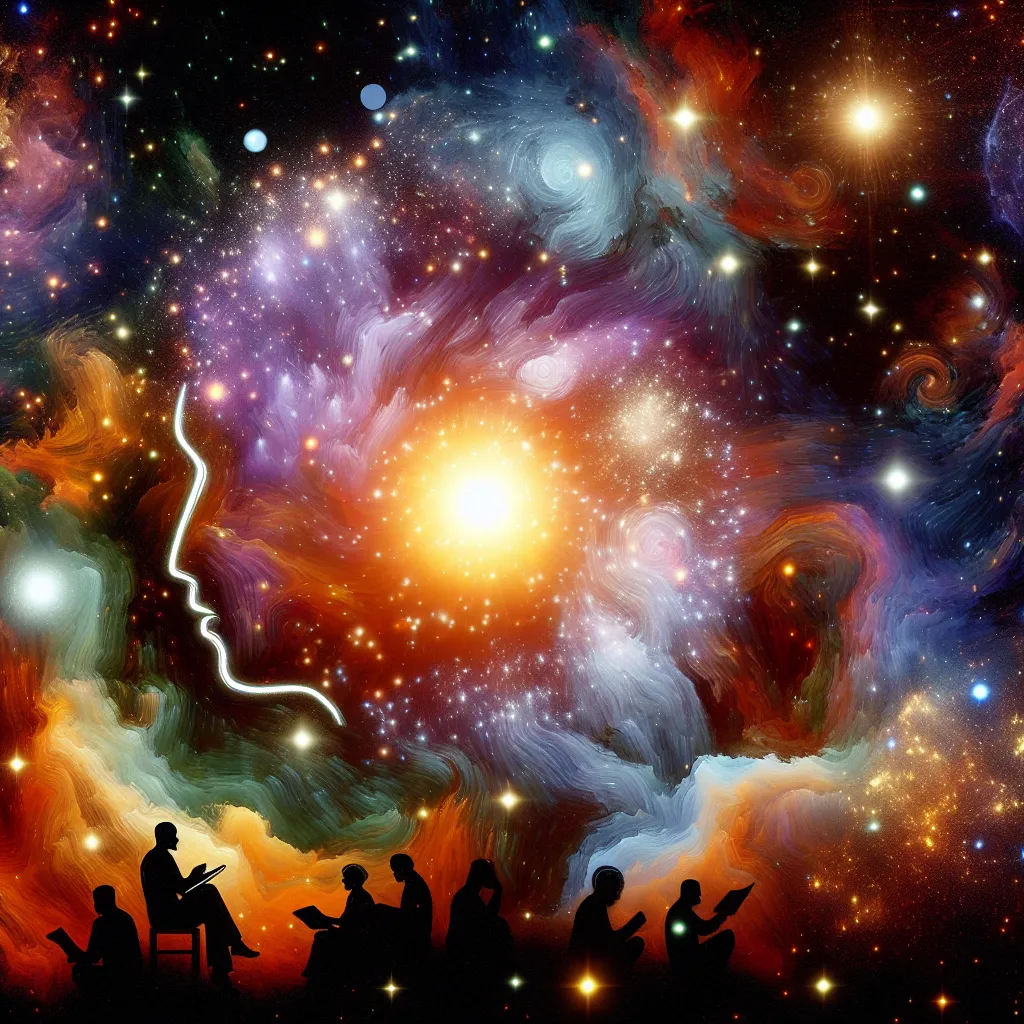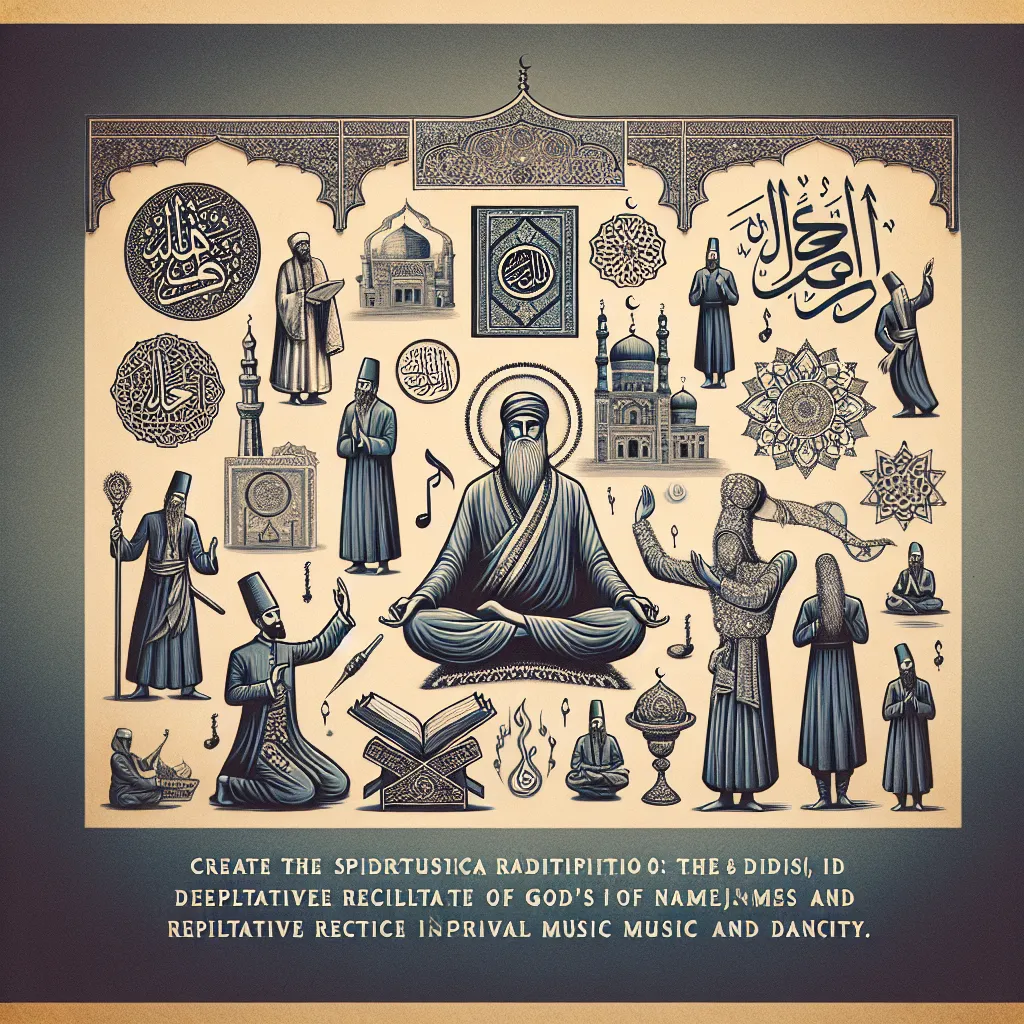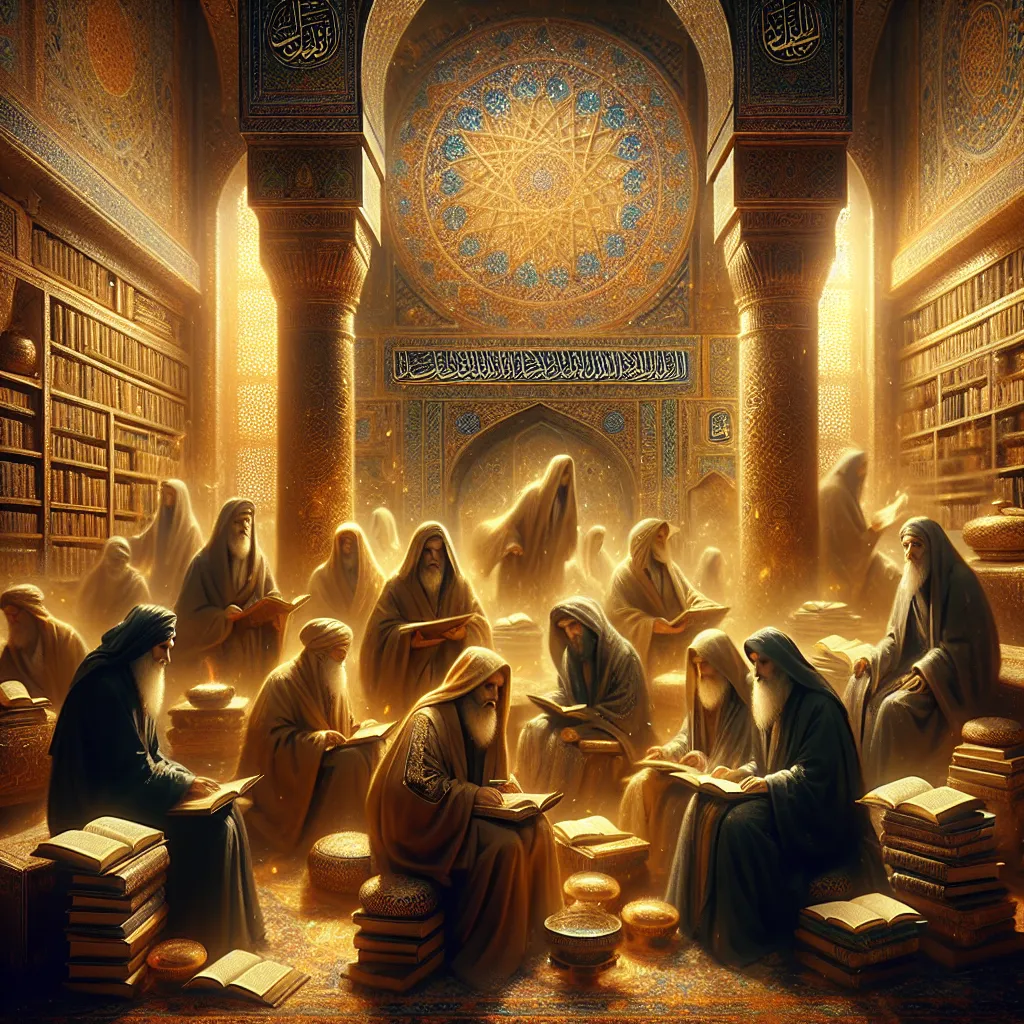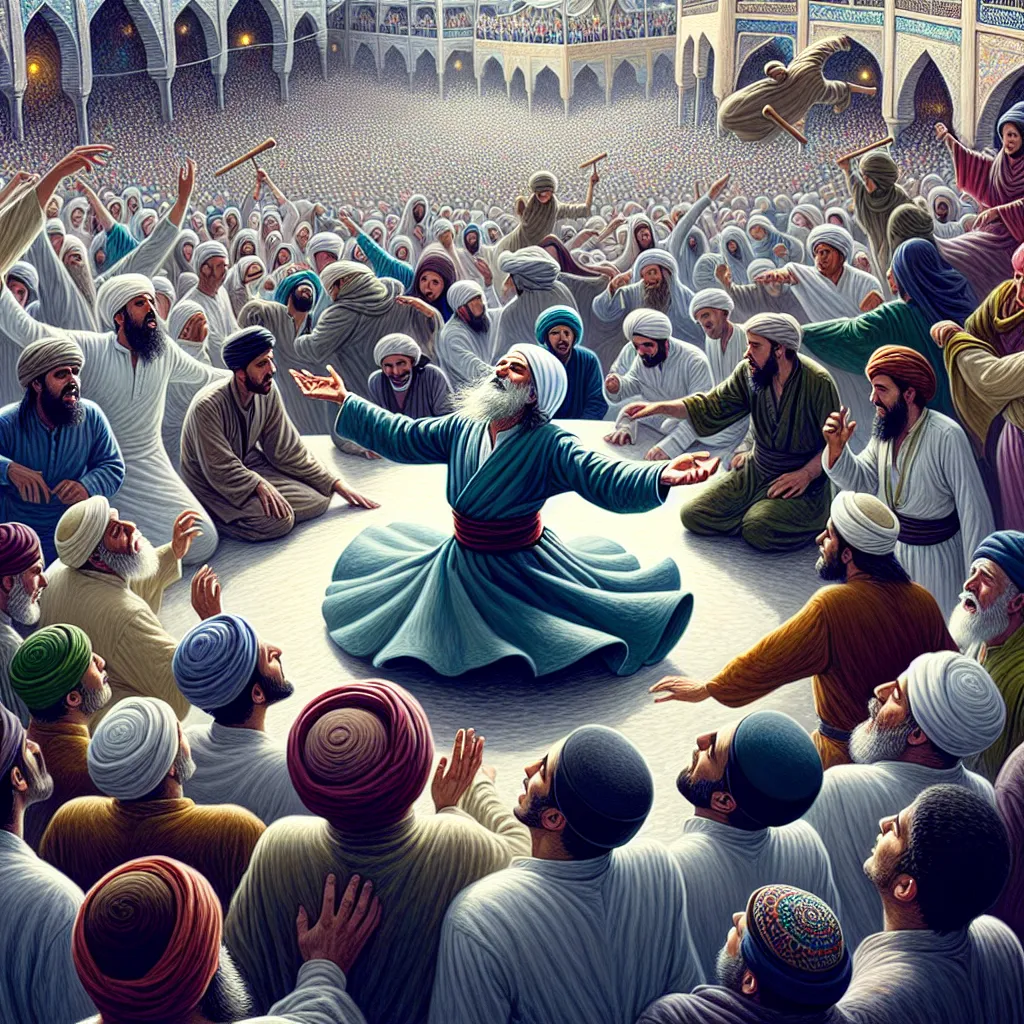Religious holidays are a big deal in many cultures and play a huge role in bringing people together. These days reflect the beliefs of different religions and are key for fostering inclusivity and understanding in society.
Take Christmas, for example. Celebrated worldwide, it marks the birth of Jesus Christ and is filled with festivities, gift-giving, and family gatherings. Easter is another major Christian holiday celebrating Jesus’s resurrection. Both are major events in Western cultures, often observed with public holidays.
Judaism has its own important holidays like Hanukkah, an eight-day festival of lights, and Passover, which commemorates the Israelites’ escape from slavery in Egypt. These days are steeped in tradition and typically involve family gatherings and religious rituals.
For Muslims, Ramadan is a holy month of fasting and spiritual reflection. Following this is Eid al-Fitr, a festive day marking the end of Ramadan’s fasting period. Additionally, the Hajj pilgrimage to Mecca is a significant event in the Islamic calendar. These holidays are central to the Islamic faith.
Hinduism, rich in traditions, celebrates holidays like Diwali, the festival of lights, and Navratri, a nine-day festival honoring the divine feminine. These occasions are often celebrated with vibrant decorations, music, and traditional dances.
Buddhists celebrate Wesak, also known as Buddha Day, which marks Buddha’s birth, enlightenment, and death. It’s observed with meditation, chanting, and acts of kindness. The Lunar New Year is another significant event marking the start of a new cycle for many Buddhist cultures.
Sikhism, which began in India, has unique holidays like Guru Nanak Jayanti, celebrating the first Sikh guru’s birthday, and Vaisakhi, the Sikh New Year. These are celebrated with processions, music, and community gatherings.
Other faiths also have special observances. The Bahá’í faith marks the Twin Holy Birthdays, and Judaism celebrates Sukkot, remembering the Israelites’ journey through the desert.
Recognizing and respecting these holidays is crucial in a multicultural society. It helps everyone feel valued and encourages a sense of community. By acknowledging these diverse observances, we can build stronger, more harmonious communities.
In many places, like India, religious holidays are integrated into public life, promoting acceptance and respect. While the U.S. has Christmas as a federal holiday, many other religious celebrations are recognized by different communities.
Scheduling these holidays can be tricky since calendars differ. For example, the Jewish and Islamic calendars are lunisolar and lunar, meaning their holidays shift from year to year. Despite this, religious holidays remain vital, reminding us of faith, tradition, and community. Embracing these days can lead to a more inclusive and compassionate society.
